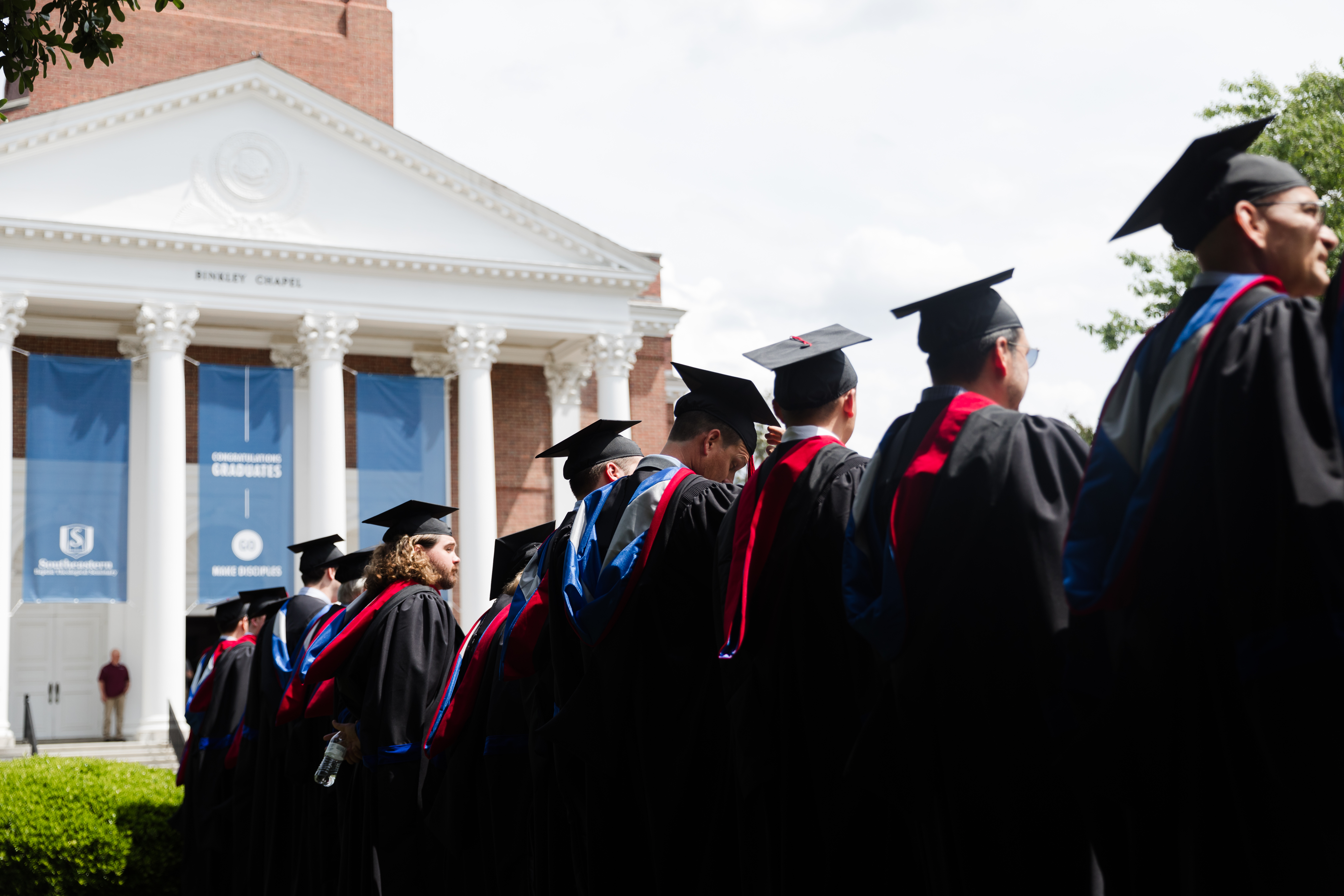Today, we find ourselves in a whirlwind of likes, filters, and followers. Our digital existence measures self-worth in pixels and reflects a curated reality. In the echo chambers of social media, we uncover a narrative of brokenness and shame that extends beyond the glowing screens, echoing the age-old quest for self-identity and esteem.
Modern secular psychology will often claim that freedom from the chains of poor self-image is found in boosting your self-esteem by listing out the good things you have done and meditating on the characteristics about yourself that bring you joy. Others will say that true freedom is achieved in letting go of others’ opinions and crafting your own life ideals. In the same vein of thinking, Christians might be tempted to combat their low self-image by meditating on Scriptures such as Psalm 8:5, “Yet you have made him [humanity] a little lower than the heavenly beings and crowned him with glory and honor,” or Psalm 139, “I praise you, for I am fearfully and wonderfully made.” Such passages laude the beauty and glory of humanity, and rightly so, as humans are the crowning act of God’s creation.
However, a high self-image and a low self-image are equally enslaving. High self-image leads us to pride, thinking more highly of ourselves than we ought (Rom 12:3); low self-image leads us to shame, thinking too lowly of ourselves than we ought. As humans, we will always be left in brokenness and dissatisfaction when we attempt to shape the ideal lives for ourselves; we are always led into self-worship, striving to grasp onto the latest spectacle.
David’s prayer in Psalm 27 gives us the solution to our struggle over self-image: he fixes his eyes on the Lord. When we are captivated by the only One for whom our souls were made to worship, we gradually forget ourselves and our foolish idols which pale in comparison to the glory of our Creator.
In Psalm 27, David is surrounded by threatening enemies. The enemies are described as evildoers, adversaries, and foes who seek to assail him, consuming him like predators attacking his flesh. The threats escalate, describing the potential of facing an entire army and the turmoil of war (v. 3). Despite these adversities, David declares unwavering confidence and a fearless heart, trusting in the Lord as the light, salvation, and stronghold of life. David’s confidence remains unshaken precisely because of the One on whom he has set his sights: the Lord (v. 5)!
The one thing that David asks and seeks is to gaze upon the beauty of the Lord (v. 4). It is by gazing at the beauty of the Lord that he finds freedom and relief from the external pressures that weigh against him. Moreover, David is responding to the Lord’s invitation to seek his face (v. 8). David is captivated by the Lord’s beauty and led into a confidence that he will see God’s goodness in this life (v. 13). David’s adversaries are not done away with, nor does he experience deliverance from his threats. Even still, his heart can rest assured in the God who is his light, salvation, and stronghold.





No comments have been added.